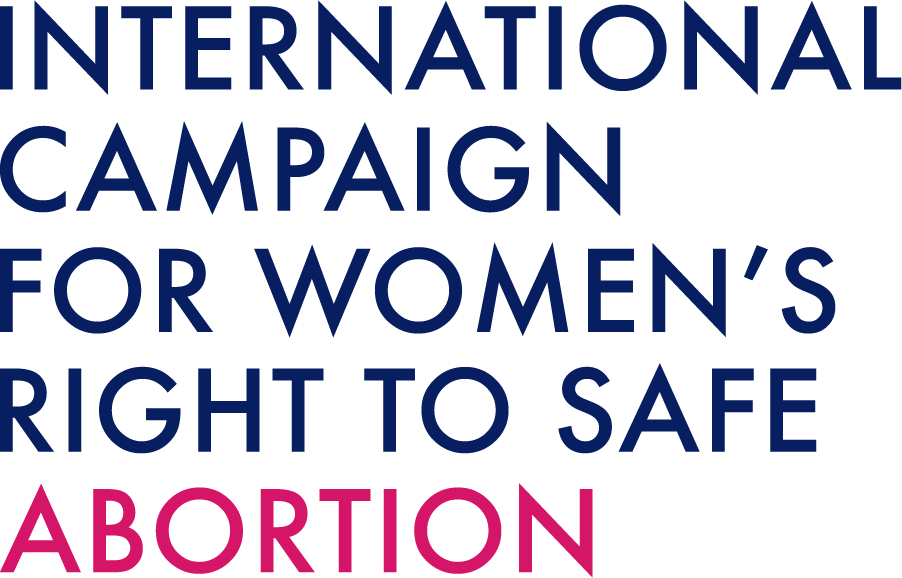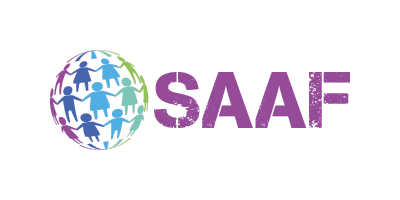
Medical abortion up to 12 weeks of pregnancy and the introduction of telemedicine for the first time in the medical standards for safe abortion[:]
On August 18, 2020, the Ministry of Health, Labor, and Social Protection approved the revised National Safe Abortion Standards. This decision was made after the document was approved during the Ministry of Health’s Counsel of Experts’ meeting, which took place a month earlier, on July 3, 2020.
The goal of the National Safe Abortion Standards is to ameliorate the quality of abortion care for pregnant persons in the Republic of Moldova. Revision of the standards is carried out every 5 years.
The new National Safe Abortion Standards ban dilation and curettage, a method that can lead to unnecessary health complications and infertility, in turn promoting the use of medical abortion and vacuum aspiration. The 2011 Standards were revised in conformity with existing laws and regulations in Moldova and aligned with the most recent recommendations from the World Health Organization regarding safe abortion. Correspondingly, medical abortion is now permitted up to 12 weeks of pregnancy and the list of primary care institution in which abortions can be provided has been extended.
This year, for the first time in Moldova, the National Safe Abortion Standards contain a new chapter – Medical abortion via telemedicine. This addition permits the safe and efficient provision of medical abortion, without an ultrasound or pre-abortion vaginal exam, when a patient is medically eligible for the service. It takes into account significant access barriers to safe abortion services in the case of an epidemic, as in-person contact can increase the risk of infection for both patients and medical personnel.
Medical abortion via telemedicine has been provided in Moldova since March 2020, right at the onset of the local Covid-19 epidemic. During this time, a number of women and adolescents from rural Moldova have benefited from this service, having experienced limited access to medical institutions, an inability to travel to gynecology departments located in regional centers, and concerns related to confidentiality.
Several sexual and reproductive health and rights specialists participated in the revision of the National Safe Abortion Standards:
- Rodica Comendant – Director of the Reproductive Health Training Center, Associate professor, Department of Gynecology and Obstetrics, University of Medicine and Pharmacology “Nicolae Testemițanu”;
- Stelian Hodorogea – Associate professor, Department of Gynecology and Obstetrics, University of Medicine and Pharmacology “Nicolae Testemițanu”;
- Irina Sagaidac – Assistant professor, Department of Gynecology and Obstetrics, University of Medicine and Pharmacology “Nicolae Testemițanu”;
- Victoria Cibotaru – Head of the department of monitoring and evaluation, Mother and Child Institute, Coordinator for the national sexual and reproductive health and rights program;
- Virginia Salaru – Assistant professor, Department of family medicine, University of Medicine and Pharmacology “Nicolae Testemițanu”;
- Maria Cumpana – Adjunct director, National Public Health Agency;
- Angela Anisei – Head of the department of quality management of health services, National Public Health Agency;
- Ecaterina Busuioc – Head of the department of epidemiology of infectious disease associated with medical assistance and antimicrobial resistance, National Public Health Agency;
- Svetlana Nicov – Director, Women’s Health Center “Ana”, Drochia;
- Cristina Bubulici – Medical resident, Department of Gynecology and Obstetrics, University of Medicine and Pharmacology “Nicolae Testemițanu.”
The revision of the National Safe Abortion Standards has been supported by the Safe Abortion Action Fund as part of the project “Bringing the WHO recommendations on safe abortion closer to women, in countries of Eastern Europe and Central Asia, by supporting the development of national clinical guidelines and protocols on unwanted pregnancy.”
Medical abortion via telemedicine was introduced in Moldova as part of the 2-year pilot project “Medical abortion via telemedicine for women and adolescents in rural Moldova: breaking barriers with technology”, in partnership with the Ministry of Health, Labor, and Social Protection’s Department of Primary Care, the University of Medicine and Pharmacology “Nicolae Testemițanu,” Nr.1 Municipal Hospital in Chisinau, Women’s Health Center “Ana,” and Gynuity Health Projects. The project is supported by Grand Challenges Canada as part of the Options for Pregnancy Terminations (OPTions) Initiative and was approved by the National Ethics Committee for Clinical Trials in Moldova on October 10, 2019.[:]




















